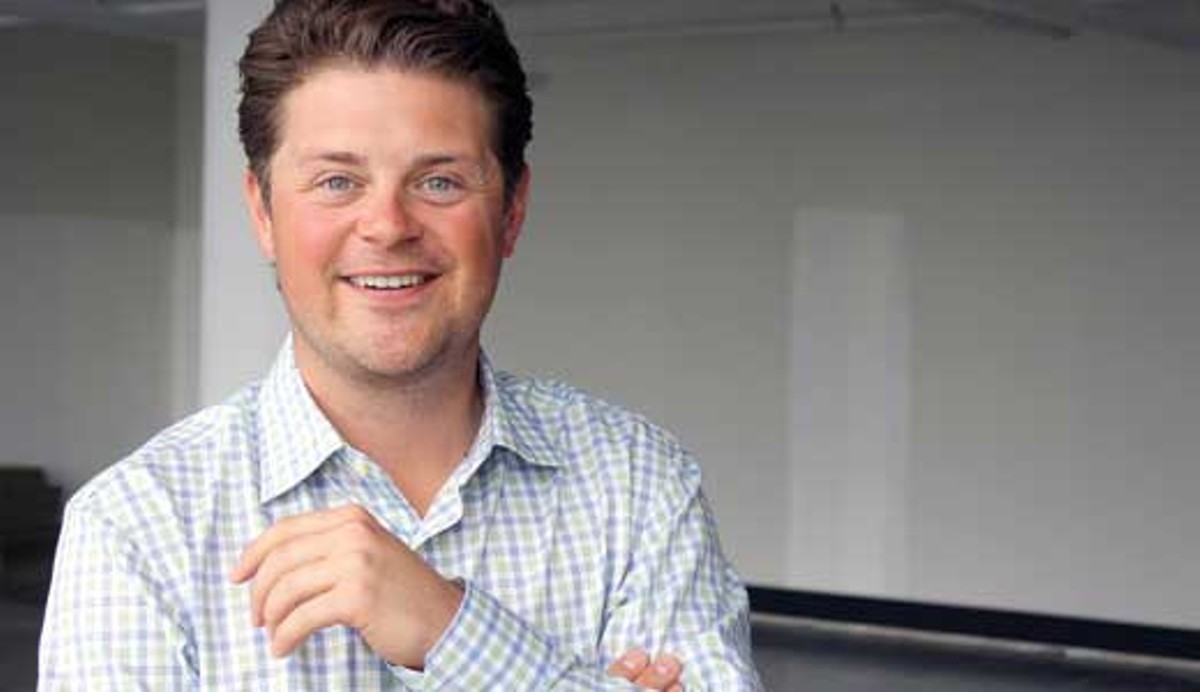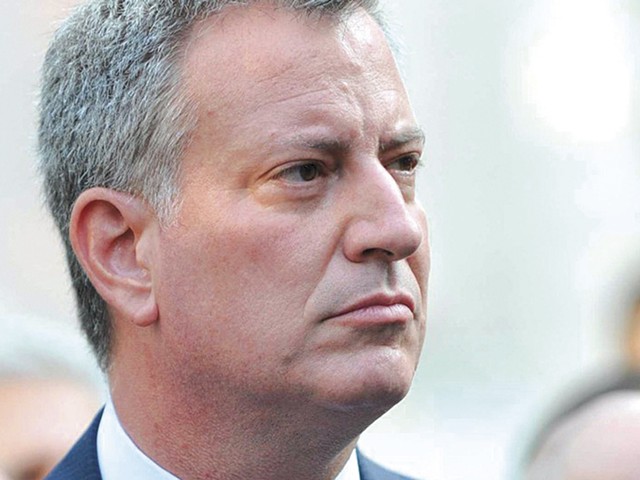This week’s feature story is about IDEAS 40203 and their “Who’s Louisville?” project, designed to create “a community-based association promoting economic development and civic engagement … (by) redefining what a chamber of commerce can be and do in the 21st Century by focusing on creativity as the fuel of innovation and people as Louisville’s greatest asset.” So what? The answer is entirely up to you.
The “Who’s Louisville?” project is perfect for our community. It simply requires the engagement and ingenuity of Louisville’s talented, compassionate arts and business community. And because there is no limit to creativity, we are never done; the job is never finished; and there is always room for you to contribute.
One facet of the overall project is a weekly webcast, an open dialogue with community leaders from various backgrounds, professions and expertise. I was fortunate to be asked to participate, as well as be the guest on the pilot episode. So, as with my small weekly contribution in this space, I happily (and humbly) seized the opportunity to help advance the community conversation.
Here is where you, your family, friends and neighbors can participate; the conversation was guided by the questions and motivations of Ben Franklin’s Junto. If you don’t know what this was, neither did I. Yet if you have ever wondered how the Founding Fathers were such profound thinkers, innovators and constructors of the framework for American democracy, some answer can be found in the Junto, or club.
The Junto can best be described as a group of friends who strive for mutual, societal improvement through discussing important issues, from politics to business, and morality and natural philosophy.
In his autobiography, Franklin explains the Junto, “I had form’d most of my ingenious acquaintance into a club of mutual improvement, which we called the Junto; we met on Friday evenings. The rules that I drew up required that every member, in his turn, should produce one or more queries on any point of Morals, Politics, or Natural Philosophy, to be discuss’d by the company … Our debates were to be under the direction of a president, and to be conducted in the sincere spirit of inquiry after truth, without fondness for dispute or desire of victory; and to prevent warmth, all expressions of positiveness in opinions, or direct contradiction, were after some time made contraband, and prohibited under small pecuniary penalties.”
Civil discourse at its finest. So as IDEAS 40203 set out to ask “Who’s Louisville?” what better place to start than the founding questions that led to American independence and the formation of our democracy, where we first sought to strive for a more “perfect union.”
To be considered as a participant in such a discussion is again, humbling, if not daunting. But like everything, there is virtue in challenging yourself, particularly when it can in some way help improve the community. Plus, I would argue there is virtue in simply having fun, enjoying what you do and surrounding yourself with those who share your interest in mutual improvement.
In many ways, I would like to think this is why LEO is a natural partner with “Who’s Louisville?” Between the community we cover, the conversations we create, the forum for and instigation of public discourse with the sole purpose of mutual improvement is what makes this publication so special. It is why even on difficult days, there are no bad days.
As you have time, look into “Who’s Louisville?” At the very least you will discover something new and exciting about your community. You may find ways of participating, or be motivated to organize your own Junto. I consider my life blessed in countless ways, and much like the tradition of LEO, to be a contributor — however small — in something like “Who’s Louisville?” is simply the latest. Motivational questions in the spirit of Ben Franklin’s Junto:
• What is the most interesting or unusual thing about Louisville you have read, seen, or heard about in the last month? • What is the most potentially dangerous or harmful? • What can Louisville learn from world events today? • Can a man or woman arrive at perfection in this life? • What is the proper balance between idealism and pragmatism in our existence? • How can we judge art, music, drama or literature? • What is the most important political issue facing Louisville in the next five years? • Who are a few of the people in Louisville you respect most? Why?






